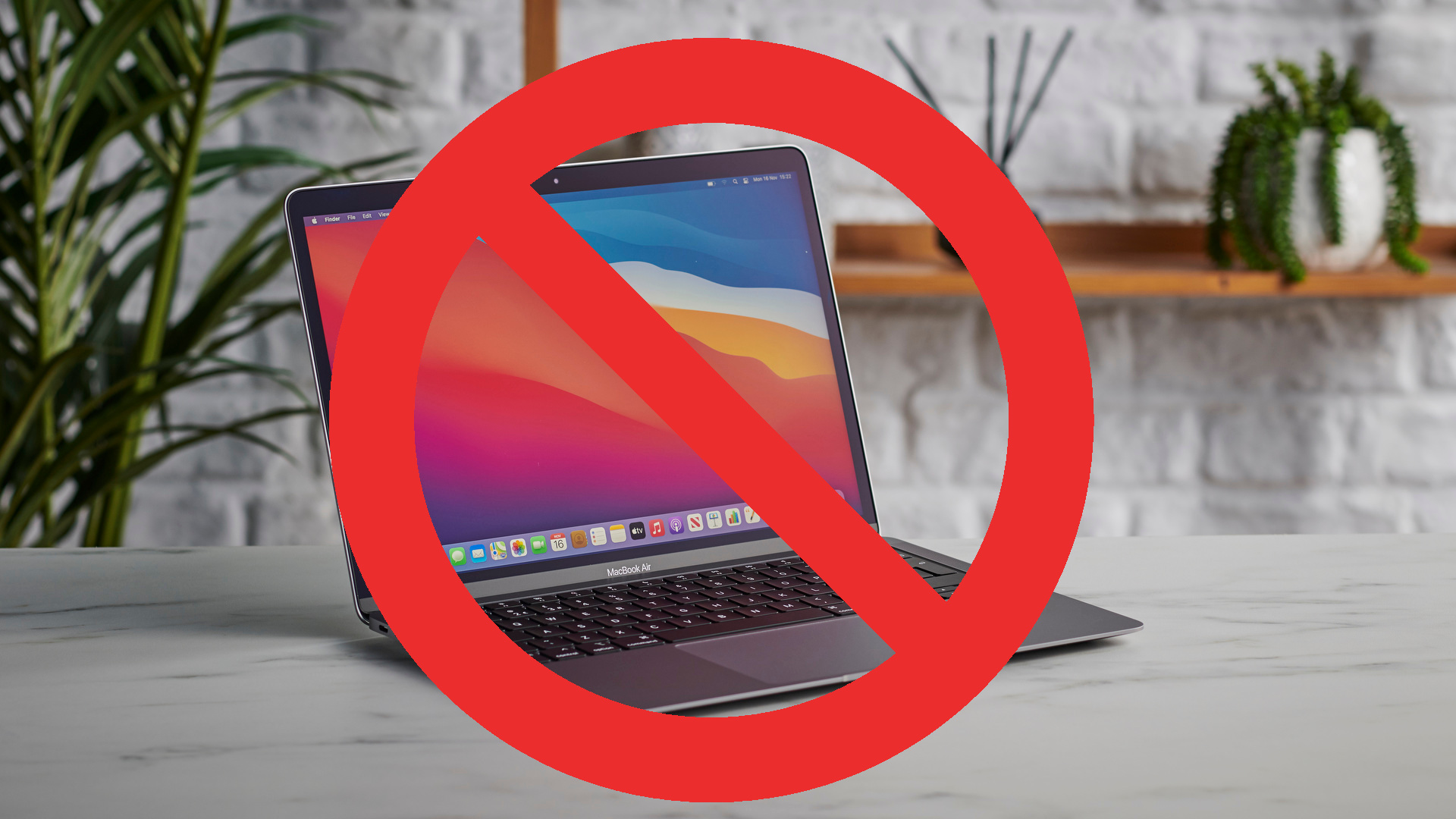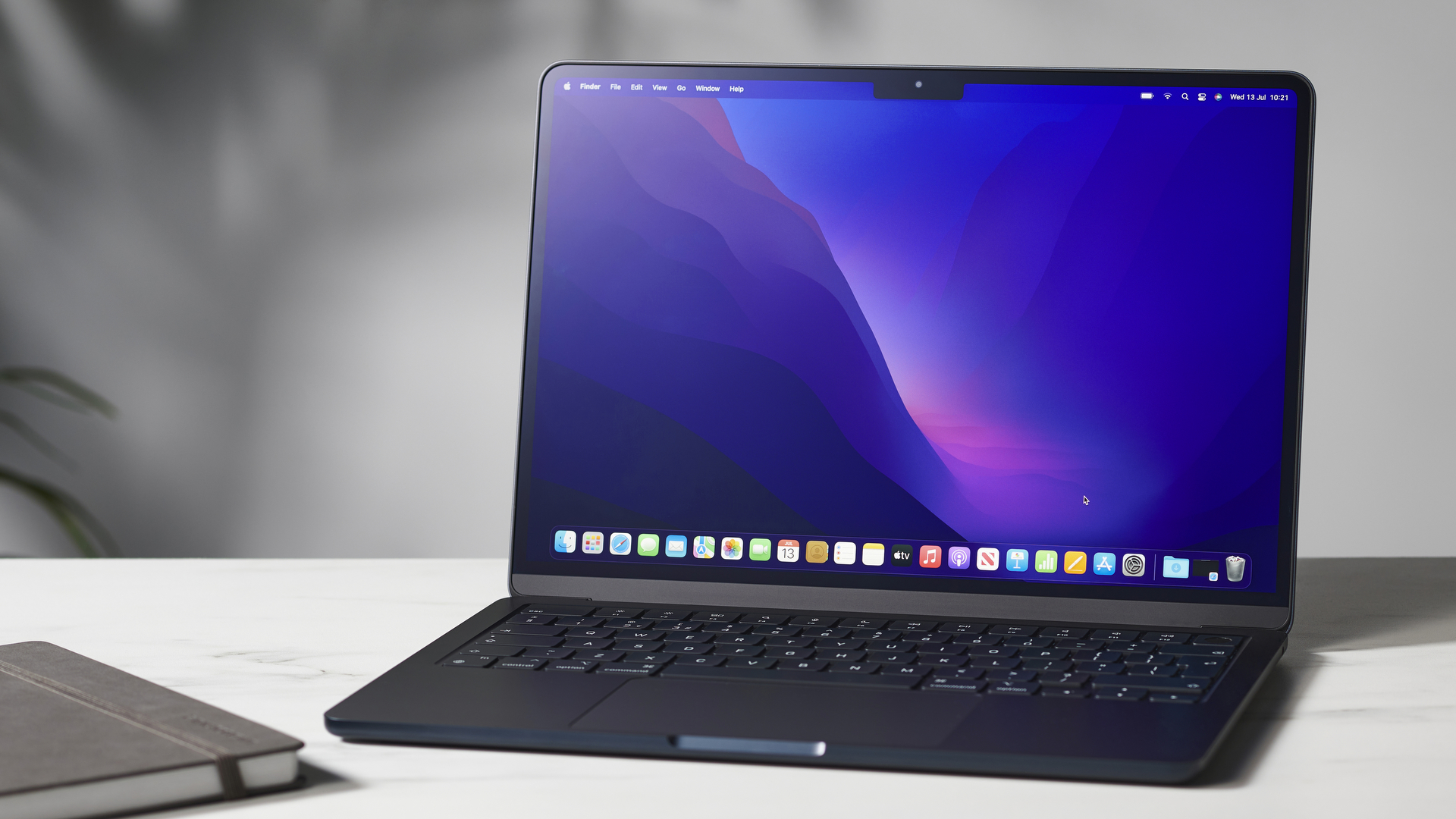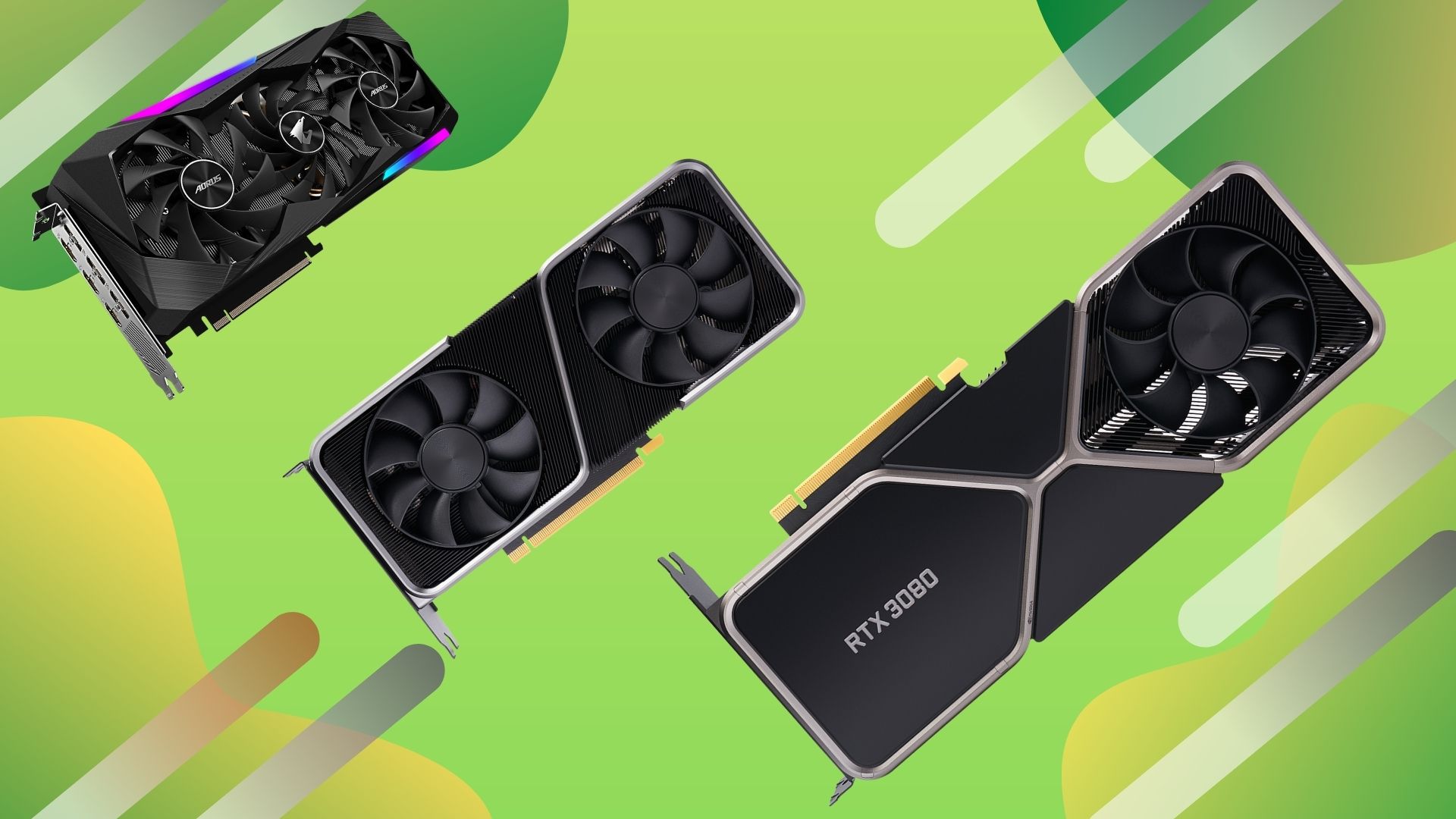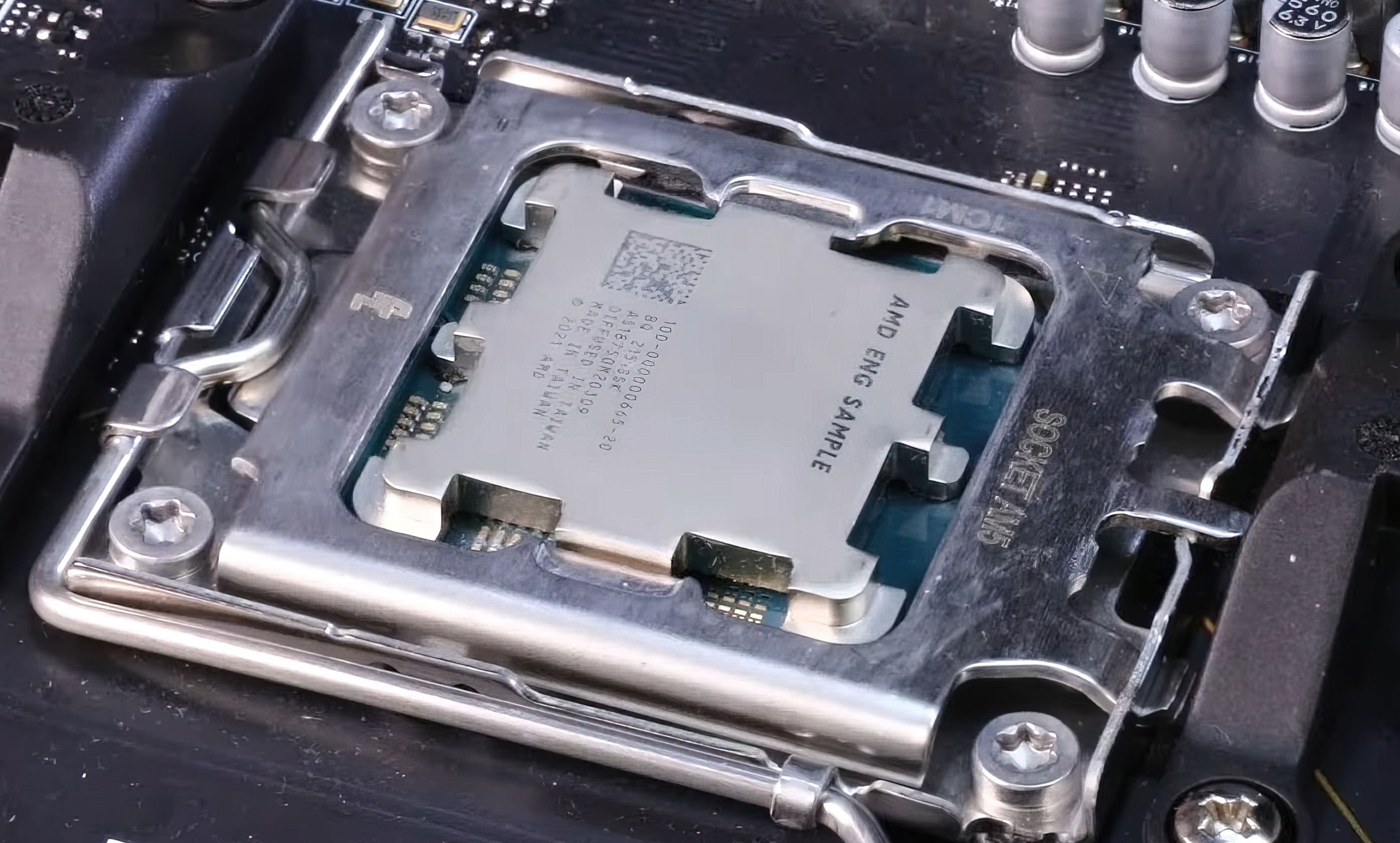Macs aren’t the future of PC gaming, but integrated graphics are
I’ll play games on a MacBook when I’m dead and buried

Good morning/afternoon/evening/night, beloved TechRadar readers. I come before you today to offer a rebuttal of sorts to last week’s article from the lovely John Loeffler, in which he posited that MacBooks could become the new place for PC gamers to enjoy their favorite games.
Apple’s shiny new M1 and M2 processors, along with the company’s resurrected drive to commit to gaming as a profit avenue, certainly seem to fit the bill here. Apple was once one of the key driving forces behind the expansion of the PC gaming industry, providing a home for some of the best-selling games of the 90s. Armed with its new M-series SoCs (system-on-a-chip), the Californian firm has ditched Intel processors and starting to make gaming a viable option on its latest laptops.
Here’s the thing, though: I personally despise macOS (to the point where you might imagine an Apple software engineer stole my car and killed my dog, kicking off an anti-heroic origin story) and can’t really see myself ever wanting to play games on it. So while I do think John made a compelling case for Macs becoming the new best option for PC gamers, I believe that there is another avenue available: AMD, and the potential of SoCs for high-end gaming in the future.
The future of PC gaming is bright - but different

Why AMD? Well, as John accurately remarked in his article, discrete graphics cards are getting more and more expensive - and not just to buy, either. Sure, prices are high, even with the gradual stabilization of the GPU market following the crypto crash back in May, but the cost of running these graphics cards is steadily increasing too, and it looks like Nvidia’s upcoming RTX 4000 series won’t be the exception to that rule.
With GPUs getting bigger and more powerful, PC games might need to buy new power supplies, cooling solutions, and even cases to house them. It’s a problem with many modern gaming laptops too; those running high-end GPUs are invariably large, heavy, and pack noisy fans that could put a Blackhawk to shame - and that’s before you even see the eye-watering price tag.
SoC-powered systems don’t share this difficulty. Granted, they have issues of their own to contend with - the new M2 MacBook Air’s fanless design caused some thermal throttling problems - but overall, laptops and desktops running on processor-integrated graphics (iGPUs) can be smaller, quieter, cooler, and cheaper than their discrete-graphics counterparts. The big downside, of course, has always been the loss of gaming performance.
But iGPUs have come a long way in the past few years, and AMD is leading the charge. A great recent example is MSI’s Trident S 5M, a console-replacement PC that runs on Team Red’s Ryzen 7 5700G CPU and allows for actually-quite-decent gaming performance at 1080p. Apple’s own M2 silicon is a serious competitor, taking graphical performance far beyond older Intel Mac devices.
Decidedly more impressive is AMD’s work on dedicated processors for non-PC platforms. Both current-gen consoles (and Valve’s Steam Deck) are powered by specially-designed AMD Zen 2 chips, and the idea that you could get PS5-level performance for $500 on a gaming PC is frankly laughable right now. Sure, the RTX 3090 Ti might blow consoles out of the water, but it costs three times as much and that’s just one component.
The resolution solution

A really important thing to remember here is that casual gaming is on the rise, and that while desktop and laptop iGPUs aren’t capable of 4K gaming yet, the vast majority of PC gamers aren’t playing at that resolution. A 2019 survey of Steam users found that just 1.74% of respondents played games at 4K - likely due to the cost of hardware upgrades. Even if your PC can play games at 4K Ultra, you’ll still need one of the best 4K monitors to play them on to really get the most out of it.
While this figure will doubtless have increased a little bit in the past three years, the vast majority of players are still sticking at 1080p - and for those gaming on laptops, upgrading just your display isn’t even an option. The ‘game in 8K’ dreams of high-end Nvidia cards are meaningless to many gamers; unaffordable, unrealistic, and frankly unnecessary.
With the skyrocketing cost of PC gaming, it’s no wonder more people are jumping ship to play on consoles instead. Hell, the Nintendo Switch is powered by an ARM-based SoC that works wonders on its 720p screen, with a low price tag for anybody looking for a new gaming device.
Of course, dedicated hardware makes it easier for developers to make games that run smoothly and look great. Anyone developing a game for the PS5 knows exactly what hardware will be powering that game, so optimization becomes a lot more straightforward. PC gamers get left out in the cold; with such an impossibly large variety of computers out there, many games end up running poorly on all but the best gaming PC nowadays.
The demise of dedicated GPUs

But imagine, if you will, a glorious future where your HP or Dell ultrabook can play all the best PC games at Ultra graphical presets without sacrificing their thin-and-light designs. Imagine an AMD-powered desktop PC the size of a soda can, capable of running Cyberpunk 2077 with its mighty Zen 4 iGPU.
Cutting dedicated GPUs out of the equation brings greater simplicity, more power for game creators to optimize their games for PC hardware. With those possibilities on the horizon, chunky graphics cards could go the way of the dodo. Now, before you call me a crazed, silicon-chomping doomsayer for thinking we should do away with the best graphics cards altogether, I want you to think about sound cards.
Remember those? Back in the day, you needed a whole extra card occupying your motherboard in order to enjoy audio from your PC, but these were superseded by integrated on-motherboard circuits, rendering them pointless for all but the most serious audio creators. I took a quick trip down to the TechRadar archives, and we reviewed exactly one internal sound card in the past two years, aimed at - you guessed it - audiophiles with money to burn.
Graphics cards are the same, and Nvidia might not appreciate me saying this, but they’re going to become an antiquated product used only by professionals and cash-flush enthusiasts - and it might happen sooner than you think. Apple’s push to make every MacBook ‘a gaming MacBook’ will only accelerate the process.
SoCs are the answer, but Apple has competition

That brings me back to the headline. I refuse to believe that Macs are the future of PC gaming, but John is absolutely right: SoCs represent the way forward here, and Apple’s M-series processors are a step in the right direction.
But PC gamers won’t adopt Macs on a large scale. As of June 2021, 90% of Steam users were playing on Windows 10; some will by now have made the leap to Windows 11, but very few will have changed over to macOS, which accounted for about 2% of total users. Apple might be keen to make their laptops into portable gaming consoles, but it’s simply too late; Macs aren’t considered a good platform for gaming, and it’ll take more than an EVE Online partnership to change that. Making the jump from Windows to macOS is a huge ask, too, and the people already buying MacBooks are typically more interested in productivity than gaming.
AMD’s Zen 4 CPUs are in the works, with ever-improving integrated graphics and fancy 3D V-cache technology for improved gaming performance. That’s the future of PC gaming, if you ask me. If the tables have turned and consoles are beating PCs, perhaps it’s time PCs took a leaf out of their book.
Get daily insight, inspiration and deals in your inbox
Sign up for breaking news, reviews, opinion, top tech deals, and more.

Christian is TechRadar’s UK-based Computing Editor. He came to us from Maximum PC magazine, where he fell in love with computer hardware and building PCs. He was a regular fixture amongst our freelance review team before making the jump to TechRadar, and can usually be found drooling over the latest high-end graphics card or gaming laptop before looking at his bank account balance and crying.
Christian is a keen campaigner for LGBTQ+ rights and the owner of a charming rescue dog named Lucy, having adopted her after he beat cancer in 2021. She keeps him fit and healthy through a combination of face-licking and long walks, and only occasionally barks at him to demand treats when he’s trying to work from home.